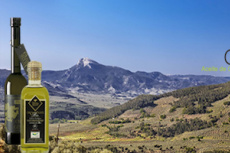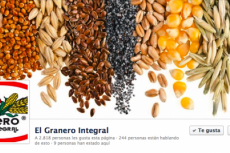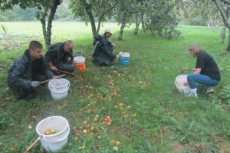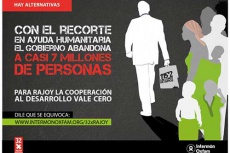Athletes can take Chinese medicine at Games
Dr. Dai Jianping, who state media quoted last week as saying traditional medicines would not be used, said all Chinese drugs were subject to the same regulatory standards as those from the West.
"There is no direct relation between Chinese traditional herbal medicine and doping," Dai, who is responsible for medical services at the Games, told reporters.
"It has been around for several thousand years and is very healthy for the body. Like Western medicines it can protect the body. It would be like saying vitamin C is a kind of doping."
Dai said China's drug administration had to approve all traditional medicines and, as in other countries, the ingredients were analyzed and listed on packaging.
"After the World Anti-Doping Agency (WADA) announces the banned list, we select those that can be used and those that can't," he said.
Chinese coach Ma Junren, whose long-distance runners broke several world records in the early 1990s, said his charges used traditional products such as turtle blood to help them achieve their fast times.
Suspicions they were in fact using more advanced pharmaceutical products seemed to be confirmed when Ma and his runners were kicked out of China's team for the Sydney Games after domestic tests.
China has cleaned up its practices considerably since several scandals in the 1990s and officials have repeatedly said they would rather win no gold medals in Beijing than have a single Chinese athlete test positive.
"I hope there are no doping cases involving Chinese or foreign athletes," Dai said.
"When an athlete chooses to use drugs, it is a kind of tragedy. But if any cases pop up during the Games, it will be a tragedy for the whole world."
"There is no direct relation between Chinese traditional herbal medicine and doping," Dai, who is responsible for medical services at the Games, told reporters.
"It has been around for several thousand years and is very healthy for the body. Like Western medicines it can protect the body. It would be like saying vitamin C is a kind of doping."
Dai said China's drug administration had to approve all traditional medicines and, as in other countries, the ingredients were analyzed and listed on packaging.
"After the World Anti-Doping Agency (WADA) announces the banned list, we select those that can be used and those that can't," he said.
Chinese coach Ma Junren, whose long-distance runners broke several world records in the early 1990s, said his charges used traditional products such as turtle blood to help them achieve their fast times.
Suspicions they were in fact using more advanced pharmaceutical products seemed to be confirmed when Ma and his runners were kicked out of China's team for the Sydney Games after domestic tests.
China has cleaned up its practices considerably since several scandals in the 1990s and officials have repeatedly said they would rather win no gold medals in Beijing than have a single Chinese athlete test positive.
"I hope there are no doping cases involving Chinese or foreign athletes," Dai said.
"When an athlete chooses to use drugs, it is a kind of tragedy. But if any cases pop up during the Games, it will be a tragedy for the whole world."









Añadir nuevo comentario